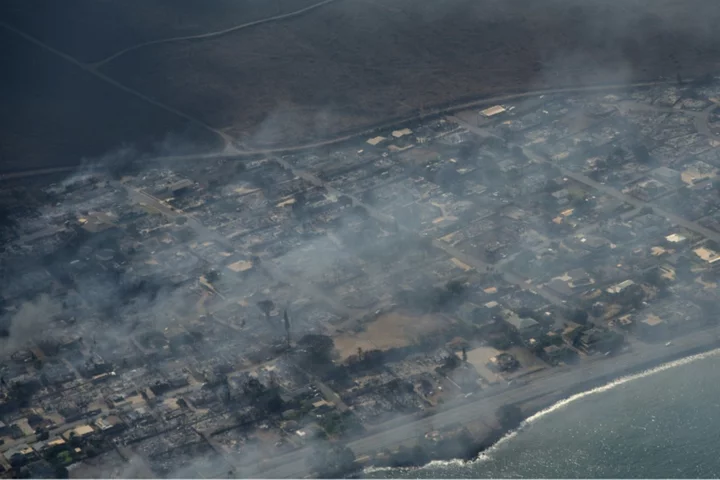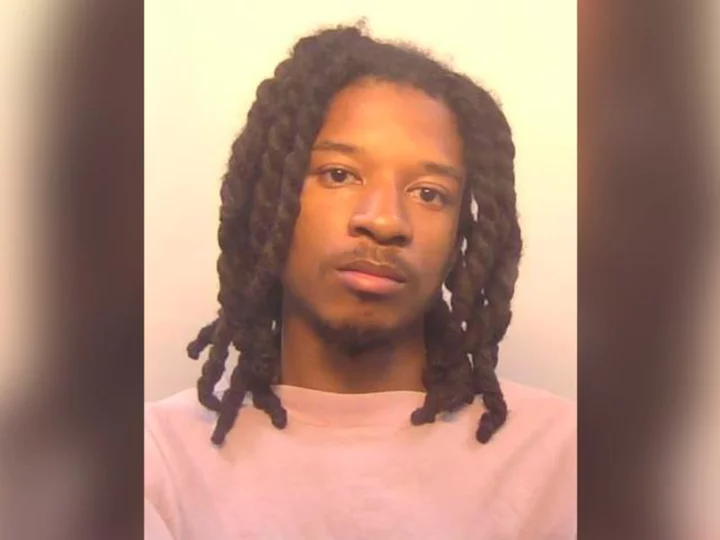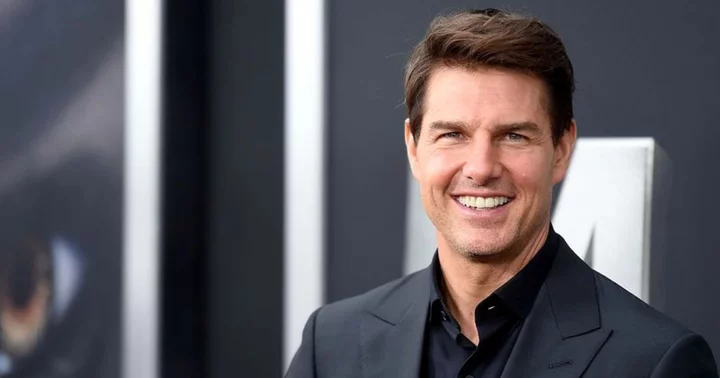Fast-moving wildfires have claimed at least 36 lives in the US tourist paradise of Hawaii, where rescuers raced Thursday to evacuate more people from the worst-hit island of Maui.
Brushfires on Maui's west coast -- fueled by high winds from a hurricane passing to the south -- broke out Tuesday and rapidly engulfed the seaside town of Lahaina.
The quick-moving flames forced many to flee into the ocean to escape, officials said.
Residents said they needed more help and feared it would take years for the town to recover.
US Coast Guard commander Aja Kirksey told CNN that initial reports indicated there "were around 100 that had to enter the water."
Kirksey said helicopters dispatched to the area faced extremely low visibility due to the smoke, but that a Coast Guard vessel had been able to retrieve more than 50 people from the water.
"It was a really rapidly developing scene and pretty harrowing for the victims that had to jump into the water," she added.
For resident Kekoa Lansford, the official response was lacking.
"We have been pulling people out since last night. We're trying to save people's lives, and I feel like we are not getting the help we need," Lansford told AFP.
"We still get dead bodies in the water floating and on the seawall. They've been sitting there since last night."
Aerial photographs of Lahaina, which served as the Hawaiian kingdom's capital in the early 19th century, showed entire blocks reduced to cinders.
Officials said 36 people had been confirmed dead, with the toll expected to rise as searches continue.
"With lives lost and properties decimated, we are grieving with each other during this inconsolable time," Mayor Richard Bissen said in a video posted to Facebook.
"In the days ahead, we will be stronger as a (community)..." he added, "as we rebuild with resilience and aloha."
- Evacuations -
Thousands of people have been evacuated from Maui, with plans for more flights out of the main airport in Kahului on Thursday.
Maui county has requested that visitors leave "as soon as possible," and has organized buses to move evacuees from shelters to the airport.
A first responder who was in the town after the blaze swept through described a scene of devastation.
"As you drive down the road... either way you look, it's honestly just rubble," the person told AFP on condition of anonymity because they were not authorized to speak to the press.
"With how much charred materials there were... I don't think much is alive in there."
Hawaii Governor Josh Green, who was returning early from a trip to deal with the crisis, said Wednesday that he planned to request a federal disaster declaration from President Joe Biden after initial damage survey had been completed.
Biden on Wednesday ordered "all available federal assets" to be mobilized in the response.
- Call for climate emergency -
Fires also erupted on Hawaii's Big Island, but local evacuation orders were lifted late Wednesday.
The state's tourism chief Jimmy Tokioka acknowledged the tragedy but reiterated that the "rest of Hawaii is open."
With a hurricane passing to the south of Hawaii, high winds and dry vegetation fueled the flames.
Thomas Smith, a professor with the London School of Economics, said that while wildfires are not uncommon in Hawaii, the blazes this year "are burning a greater area than usual, and the fire behavior is extreme, with fast spread rates and large flames."
The Hawaii fires follow other extreme weather events this summer in North America, with record-breaking wildfires still burning across Canada and a major heat wave baking the US southwest.
As global temperatures rise over time, heat waves are projected to become more frequent, with increased dryness due to changing rainfall patterns creating ideal conditions for bush or forest fires.
Some are calling on Biden to declare a national emergency related to climate change in order to access more administrative powers to tackle the crisis.
When asked Thursday if the Hawaii wildfires had altered the president's thinking on the issue, White House official John Kirby told CNN that a decision has not yet been made.
"But for all intents and purposes, he's treating this with all the due gravity and the seriousness that the climate crisis deserves," he said.
"These wildfires and all the severe storms that we continue to see are definitely caused as a result of what's going on in the rising temperature across the globe and so we've got to treat this seriously."
cl-rfo-hg/des/sst









